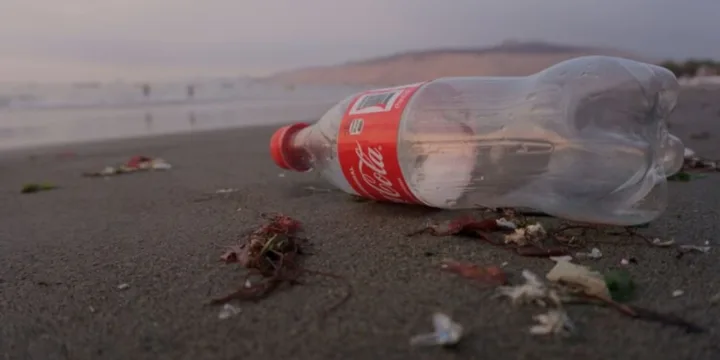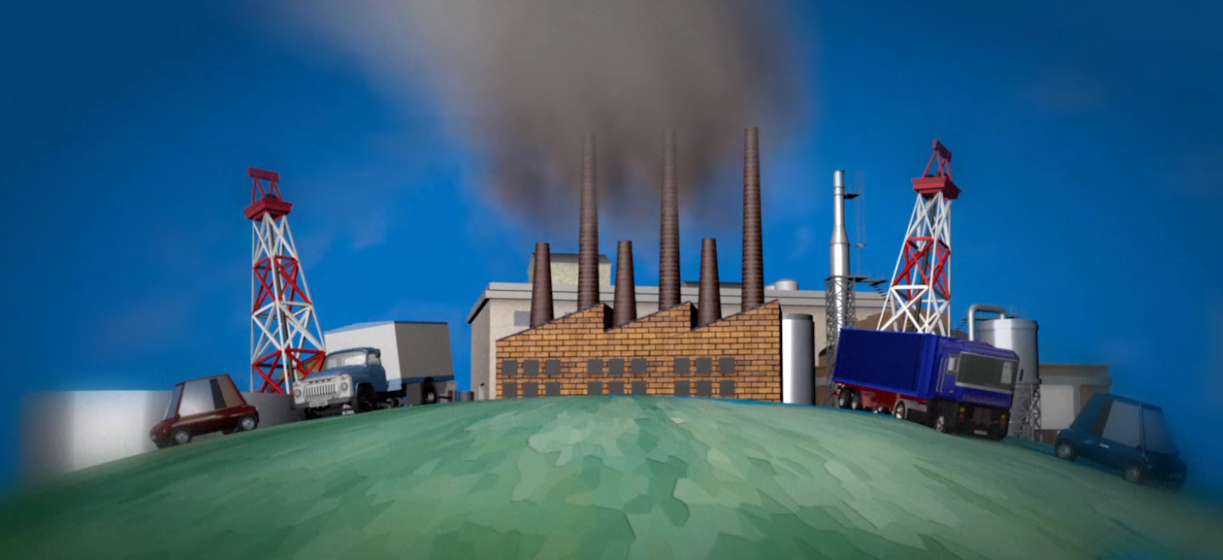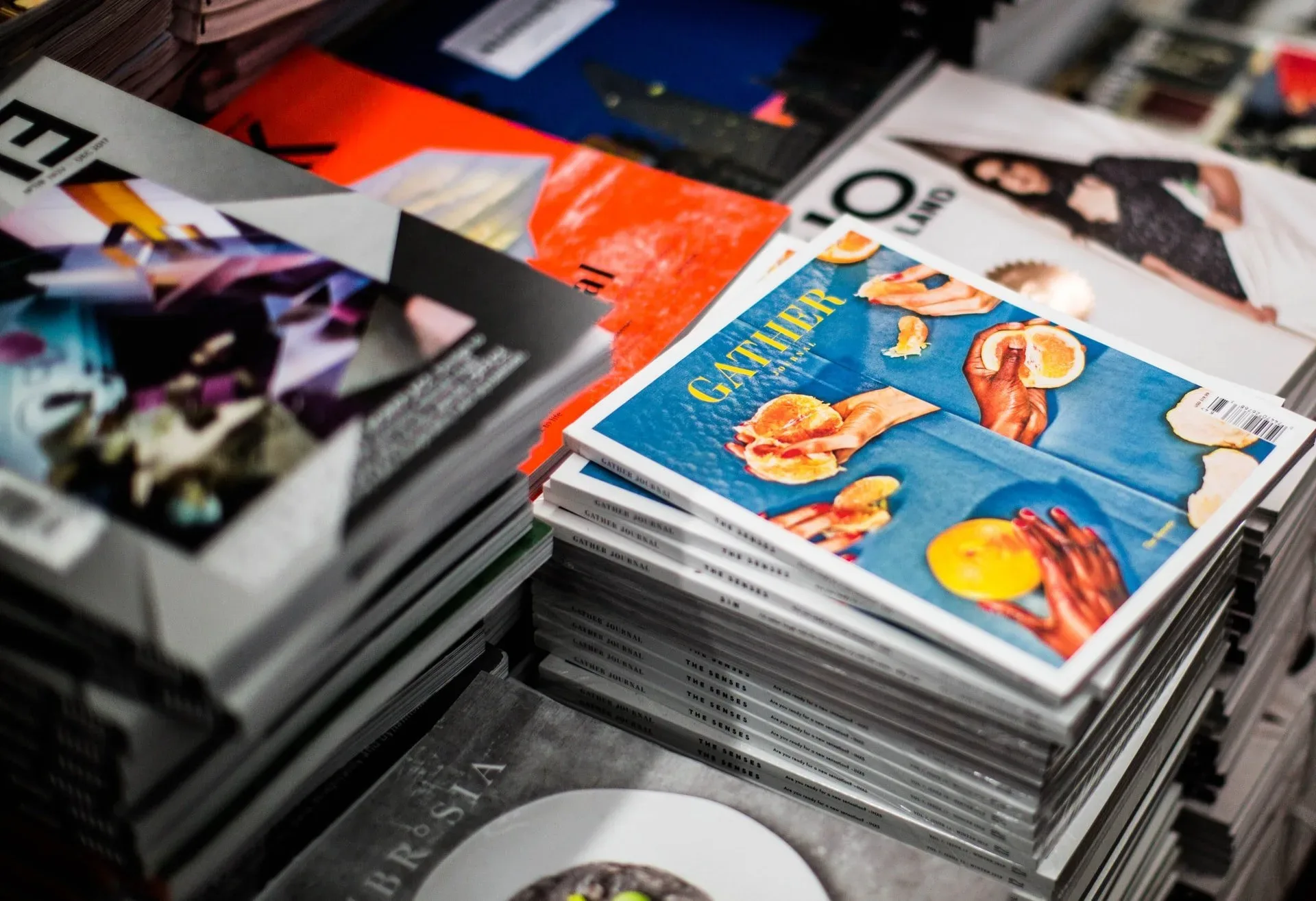Coca Cola has topped the list of the most polluting brands once again, for the second year in a row, in a global audit of plastic waste conducted by the Break Free From Plastic global movement. Nestle happens to be right behind, taking the second spot, followed by big brand names such as PepsiCo, Mondelēz International, and Unilever.
During the one-day clean-up campaign of September which became the foundation for this audit, more than 72,000 volunteers picked up plastic bottles, cups, wrappers, bags, and scraps laid out on the beaches, along waterways and on the streets surrounding offices and houses. After the sorting ceremony, it was found that the plastic waste belonged to approximately 8,000 brands.
Digging deeper revealed that Coca Cola was responsible for 11,732 pieces of plastic litter found across four continents in 37 different countries. Following right behind Coke, the other big pollutants were Nestle, PepsiCo, Mondelēz International (the manufacturing brand behind Oreo, Ritz, Nabisco and Nutter Butter), and Unilever. There was also a considerable amount of plastic that had reached the point of erosion and its corresponding brand could not be figured out.

The second major pollutant, Nestle, was responsible for 4,846 pieces of plastic found in 31 countries. PepsiCo secured the third spot, with 3,362 pieces of plastic in 28 countries. Mondelēz International followed right behind PepsiCo, with 1,083 pieces of plastic found in 23 countries. Unilever took the fifth place, with 3,328 plastic pieces discovered in 21 countries. Mars emerged as the sixth-worst pollutant, with 543 pieces of plastic found in 20 countries. Another big name, Procter & Gamble (also known as P&G), was responsible for 1,160 pieces in 18 countries. This was followed by another huge brand Colgate Palmolive, contributing to 642 pieces of plastic in 18 countries. The ninth place was taken by Philip Morris International, as it was responsible for 2,239 pieces of plastic in 17 countries. The tenth and last spot was secured by Perfetti van Melle, for being responsible for 1,090 pieces of plastic found in 17 countries.
The report further revealed that Coca Cola’s contribution as the major plastic pollutant was high across all four continents – it was the second-largest pollutant in Asia and South America, whereas in Africa and Europe, it topped the polluters’ list. Moreover, Coke topped the worst polluters list in 2018 as well, followed by PepsiCo and Nestle. The only slight difference seen in 2019’s results was that Nestle took the second spot as the worst polluter, followed by PepsiCo, while Coke remained as the top pollutant.
In response to questions posed regarding the global audit conducted, Coke gave the following statement to The Intercept:
“Any time our packaging ends up in our oceans — or anywhere that it doesn’t belong — is unacceptable to us. In partnership with others, we are working to address this critical global issue, both to help turn off the tap in terms of plastic waste entering our oceans and to help clean up the existing pollution. We are investing locally in every market to increase recovery of our bottles and cans and we have recently announced the launch in Vietnam of an industry-backed packaging recovery organization, as well as a bottler-led investment of $19 million in the Philippines in a new food-grade recycling facility. We are also investing to accelerate key innovations that will help to reduce waste, including new enhanced recycling technologies that allow us to recycle poor quality PET plastic, often destined for incineration or landfill, back to high-quality food packaging material.”
Despite making such statements in light of the befalling situation, the damage Coca Cola has been doing to the environment cannot be overlooked, and that, too, for the second year in a row. Seeing big brand names such as Coke, Nestle, PepsiCo, Mondelēz International and Unilever top the list of the worst pollutants in the world is indeed an alarming incident, which will raise many questions on their integrity as well as the level of importance and care they show towards their surroundings (which not only includes the environment but also the people who live in it).
In spite of numerous debates held in the name of being socially responsible and employing corporate social responsibility practices, it is quite evident that ‘talking the talk’ and ‘walking the walk’ are two completely different things, and if such huge brands do not care enough for their customers, neither will they.





Share Your Thoughts